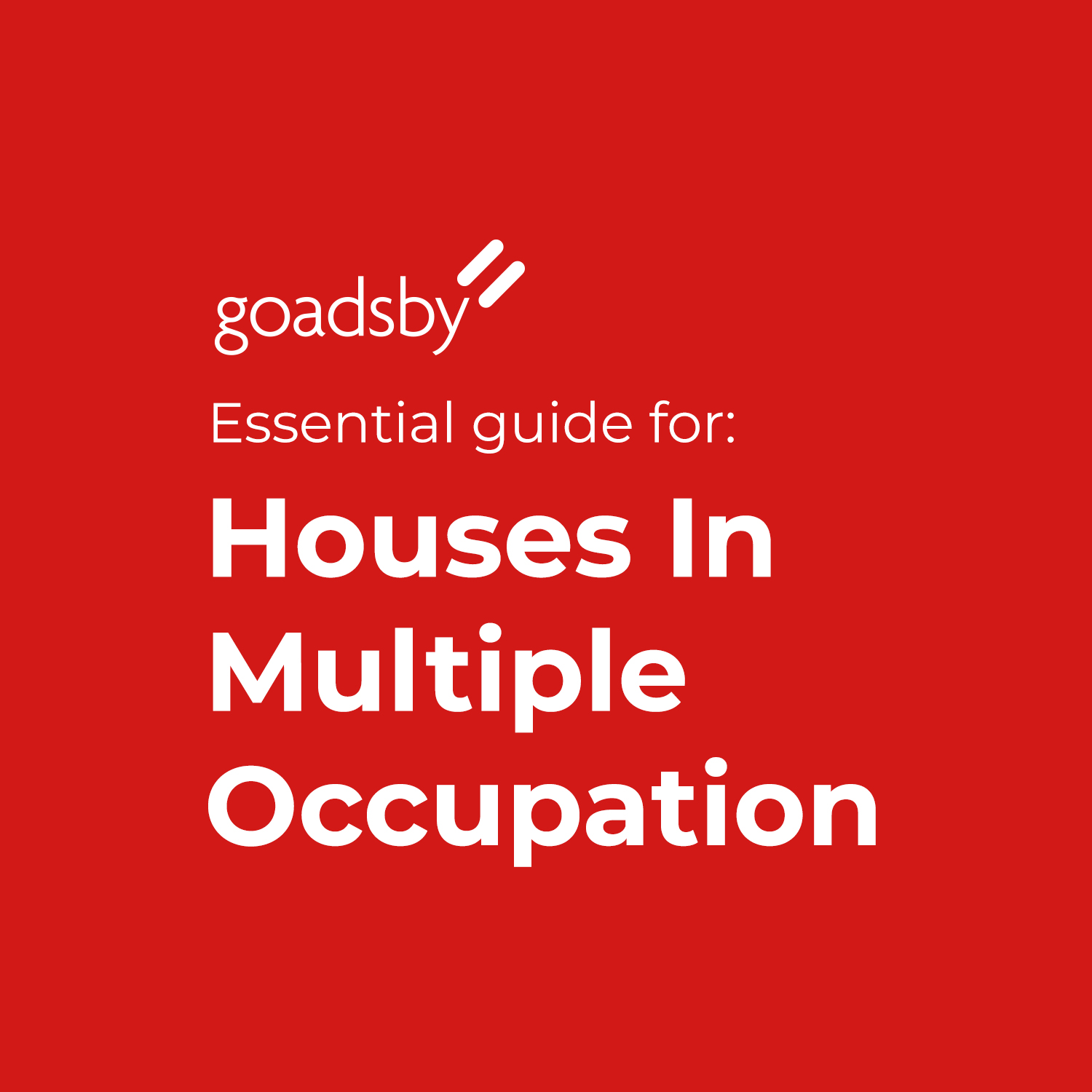Updated: 15 September 2022
We are often asked about the classification of a House in Multiple Occupation (HMO).
We hope you find the following helpful.
What is an HMO:
• 3 or more people
• Comprising 2 or more households
• With shared amenities
• Can be a flat and/or bedsit
• Only or main residence
What is classified as a ‘Household’:
• Family: couple, parent, grandparent, child, grandchild, brother, sister, uncle, aunt, nephew, niece or cousin
• Includes fostering, stepchild and ‘a relationship of the half-blood will be treated as a relationship of the whole blood’
• Domestic employees and/or carers
Exceptions:
• Social housing
• Boarding schools, prisons, accommodation centres and care homes
• Religious communities
• Halls of Residence controlled by a University
• Where occupied by an owner-occupier and no more than 2 licensees
• Temporary Exemption Notice or a Management Order
Mandatory HMO Licensing
• 5 or more people comprising 2 or more households
• Children are not included in the above number
Additional and Selective Licensing
• Additional – Lowers licensable HMO criteria
• Selective – All private rented properties
• Can be across all of council, one area or several areas
Article 4 Directions
• Planning permission is required to turn a single property into a HMO
• Criteria is set by the Local authority
• Take advice if turning an HMO back into a single-dwelling
HMO Standards
The following is for guidance only and must not be regarded as an exhaustive list of the all the standards which need to be adhered to.
• Contact details must be provided to each household and these must be displayed
• Escape routes must be maintained
• Water supply and drainage must be maintained
• Annual Gas Safety checks carried out
• Maintenance of the common parts and installations as well as the internal structure and installations
• Provide adequate waste storage facilities
• Adhere to the minimum room sizes
• Include heating, washing facilities, kitchen facilities and equipment and fire safety
It should be noted that Amenity Standards are set by the Government but local authorities can add their own
Penalties
The penalties for non-compliance are severe so it is vital that you take professional advice before venturing down the HMO route, however, fully compliant HMO’s get premium rents and are desirable especially in University towns and cities.

